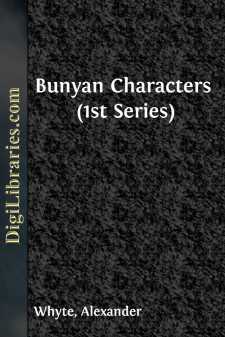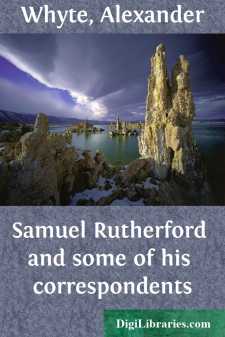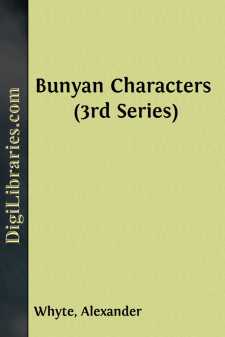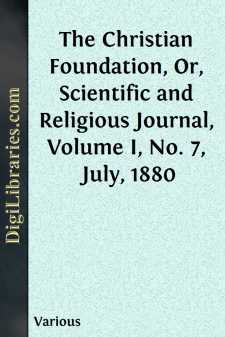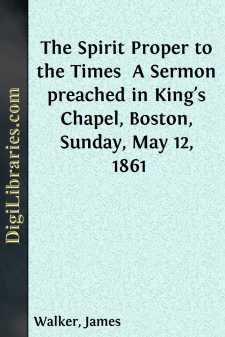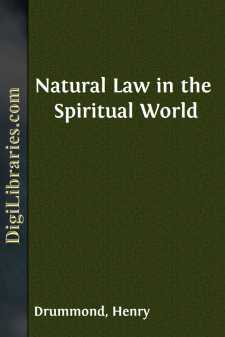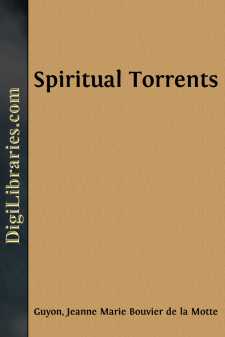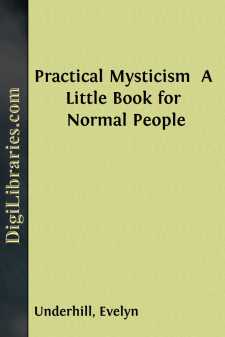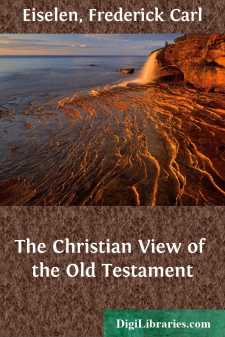Categories
- Antiques & Collectibles 13
- Architecture 36
- Art 48
- Bibles 22
- Biography & Autobiography 813
- Body, Mind & Spirit 141
- Business & Economics 28
- Children's Books 12
- Children's Fiction 9
- Computers 4
- Cooking 94
- Crafts & Hobbies 4
- Drama 346
- Education 46
- Family & Relationships 57
- Fiction 11826
- Games 19
- Gardening 17
- Health & Fitness 34
- History 1377
- House & Home 1
- Humor 147
- Juvenile Fiction 1873
- Juvenile Nonfiction 202
- Language Arts & Disciplines 88
- Law 16
- Literary Collections 686
- Literary Criticism 179
- Mathematics 13
- Medical 41
- Music 40
- Nature 179
- Non-Classifiable 1768
- Performing Arts 7
- Periodicals 1453
- Philosophy 64
- Photography 2
- Poetry 896
- Political Science 203
- Psychology 42
- Reference 154
- Religion 513
- Science 126
- Self-Help 83
- Social Science 81
- Sports & Recreation 34
- Study Aids 3
- Technology & Engineering 59
- Transportation 23
- Travel 463
- True Crime 29
Bunyan Characters (1st Series)
by: Alexander Whyte
Categories:
Description:
Excerpt
INTRODUCTORY
‘The express image’ [Gr. ‘the character’].—Heb. 1. 3.
The word ‘character’ occurs only once in the New Testament, and that is in the passage in the prologue of the Epistle to the Hebrews, where the original word is translated ‘express image’ in our version. Our Lord is the Express Image of the Invisible Father. No man hath seen God at any time. The only-begotten Son, who is in the bosom of the Father, He hath declared Him. The Father hath sealed His divine image upon His Son, so that he that hath seen the Son hath seen the Father. The Son is thus the Father’s character stamped upon and set forth in human nature. The Word was made flesh. This is the highest and best use to which our so expressive word ‘character’ has ever been put, and the use to which it is put when we speak of Bunyan’s Characters partakes of the same high sense and usage. For it is of the outstanding good or evil in a man that we think when we speak of his character. It is really either of his likeness or unlikeness to Jesus Christ we speak, and then, through Him, his likeness or unlikeness to God Himself. And thus it is that the adjective ‘moral’ usually accompanies our word ‘character’—moral or immoral. A man’s character does not have its seat or source in his body; character is not a physical thing: not even in his mind; it is not an intellectual thing. Character comes up out of the will and out of the heart. There are more good minds, as we say, in the world than there are good hearts. There are more clever people than good people; character,—high, spotless, saintly character,—is a far rarer thing in this world than talent or even genius. Character is an infinitely better thing than either of these, and it is of corresponding rarity. And yet so true is it that the world loves its own, that all men worship talent, and even bodily strength and bodily beauty, while only one here and one there either understands or values or pursues moral character, though it is the strength and the beauty and the sweetness of the soul.
We naturally turn to Bishop Butler when we think of moral character. Butler is an author who has drawn no characters of his own. Butler’s genius was not creative like Shakespeare’s or Bunyan’s. Butler had not that splendid imagination which those two masters in character-painting possessed, but he had very great gifts of his own, and he has done us very great service by means of his gifts. Bishop Butler has helped many men in the intelligent formation of their character, and what higher praise could be given to any author? Butler will lie on our table all winter beside Bunyan; the bishop beside the tinker, the philosopher beside the poet, the moralist beside the evangelical minister.
In seeking a solid bottom for our subject, then, we naturally turn to Butler. Bunyan will people the house for us once it is built, but Butler lays bare for us the naked rock on which men like Bunyan build and beautify and people the dwelling-place of God and man. What exactly is this thing, character, we hear so much about?...


